Lately, there has been a surge of interest in ‘Philippine mythology’ (“Paganism, gasp!”) on the innernets and it warms my heart as both a polytheist and a Filipino. The art, especially, is amazing. I honest to Gods hope the interest picks up and continues to be a genuine desire to reconnect with our rich pre-colonial heritage.
However, I find that a true appreciation of Philippine mythologies (in the plural) goes hand in hand with a profound respect for indigenous religion from which myth proceeds. Our myths are the sacred stories of our ancestral gods, heroes, and monsters, intelligently woven and passed on, bearing our ancestral fears, hopes, and dreams. These stories are closer to our hearts than the instilled doctrines of 17th century Spanish friars.
And we can never fully appreciate the wealth of Philippine myth as long as we treat it as a monolith. There is no single, unified national pantheon and our indigenous myths come in a variety of versions in different languages and worldviews. Neither are our native myths the crude delusions of uncouth people. These are our ancestral stories—as diverse and beautiful as our islands—and they are a window to the brilliant minds of our pre-colonial ancestors. Let no one tell you otherwise.
Unfortunately, not a lot of these pre-colonial myths have survived, and many of the ones that have, come through us from the mouths of our former occupiers.
That being said, we can thank those pesky missionaries for being so hatefully obsessed in wanting to eliminate indigenous religion that they wrote so much about it in detail. ¡Gracias, padres!
May the worship of our Gods be restored across our beloved archipelago and may their sacred stories be remembered and told once more with pride and dignity.
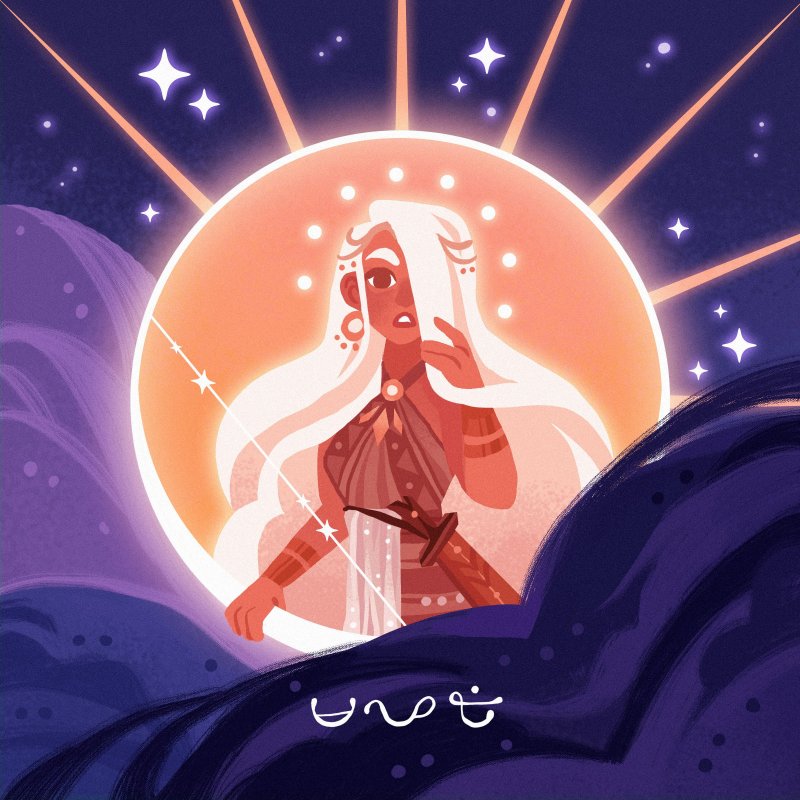
Mayari, Goddess of the Moon among the pre-colonial Tagalog people [Art by D.J. Reynaldo]
Happy International Day of Indigenous Peoples!
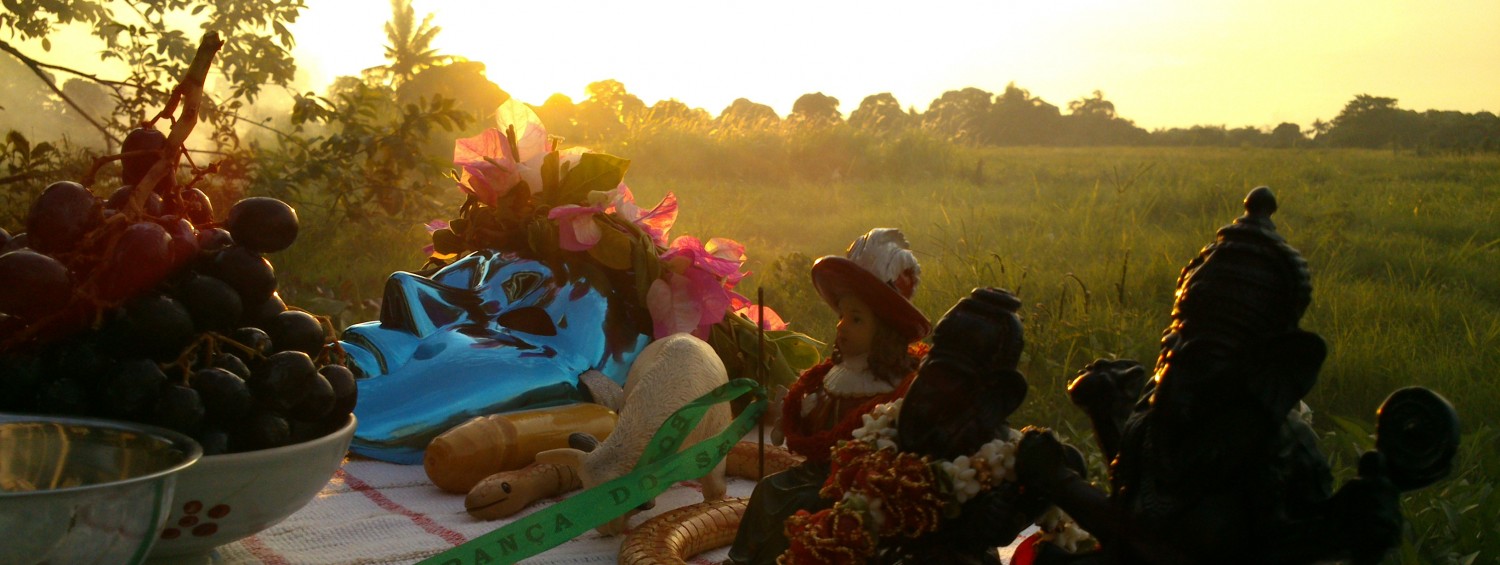
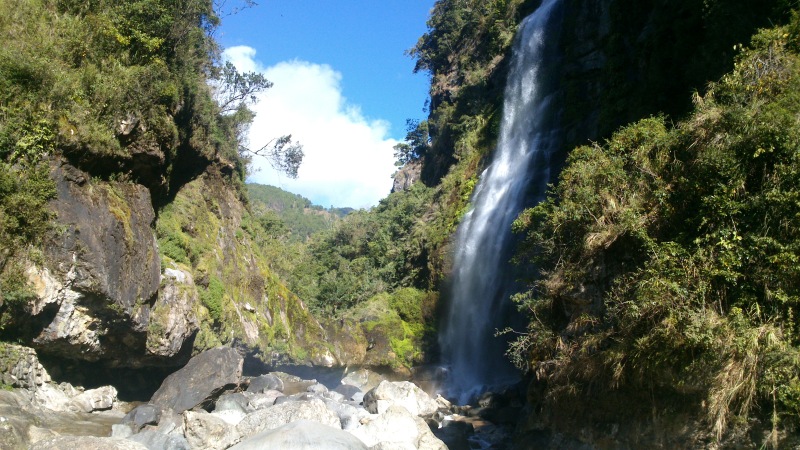
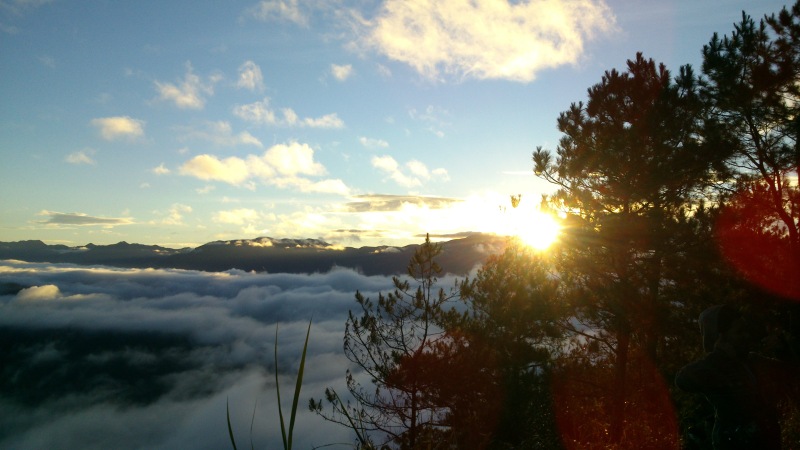
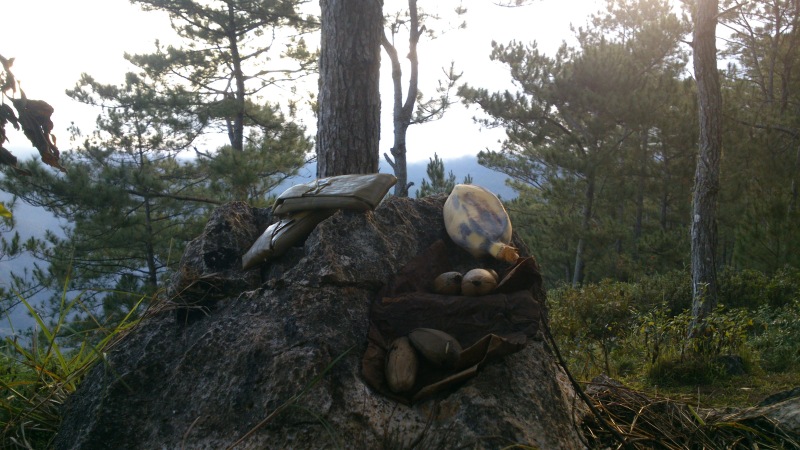
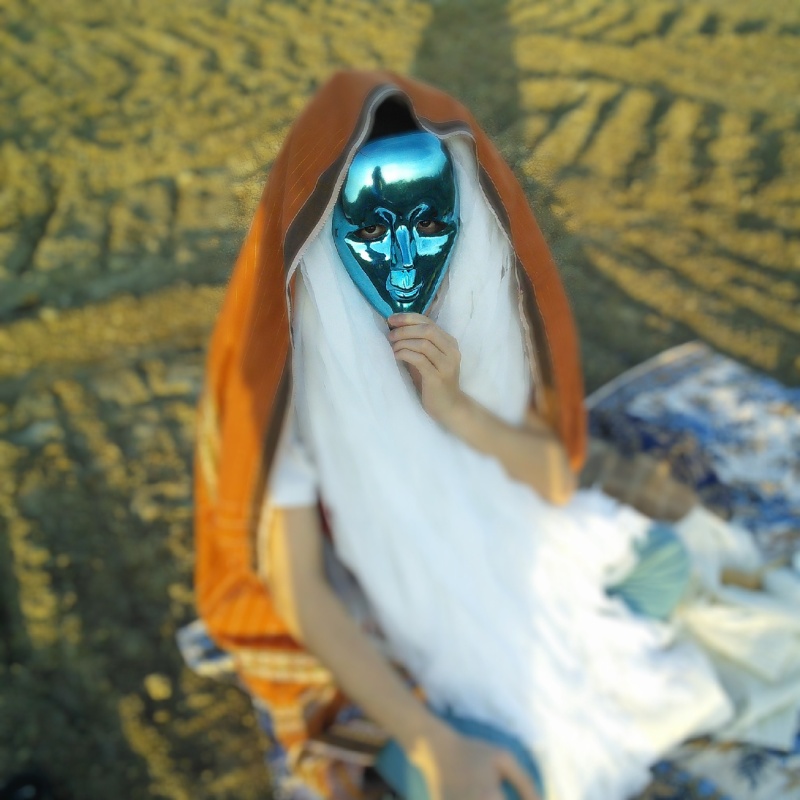
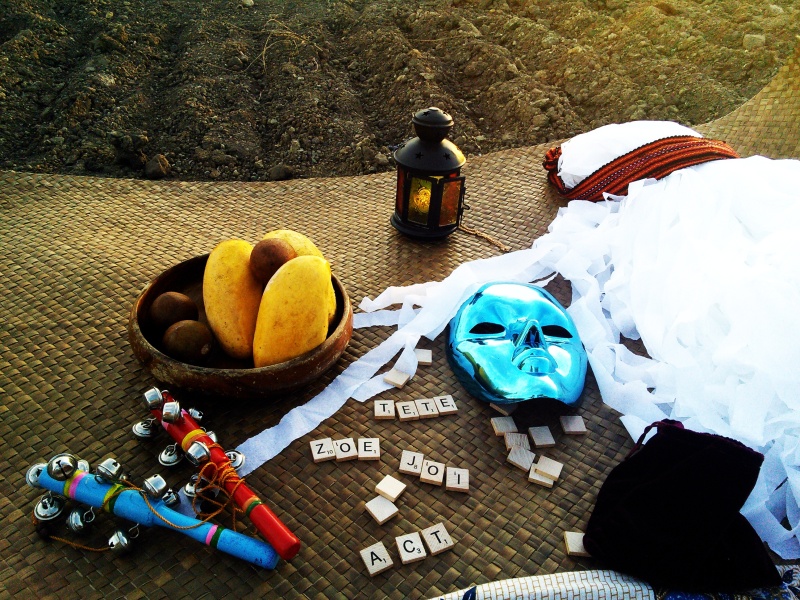
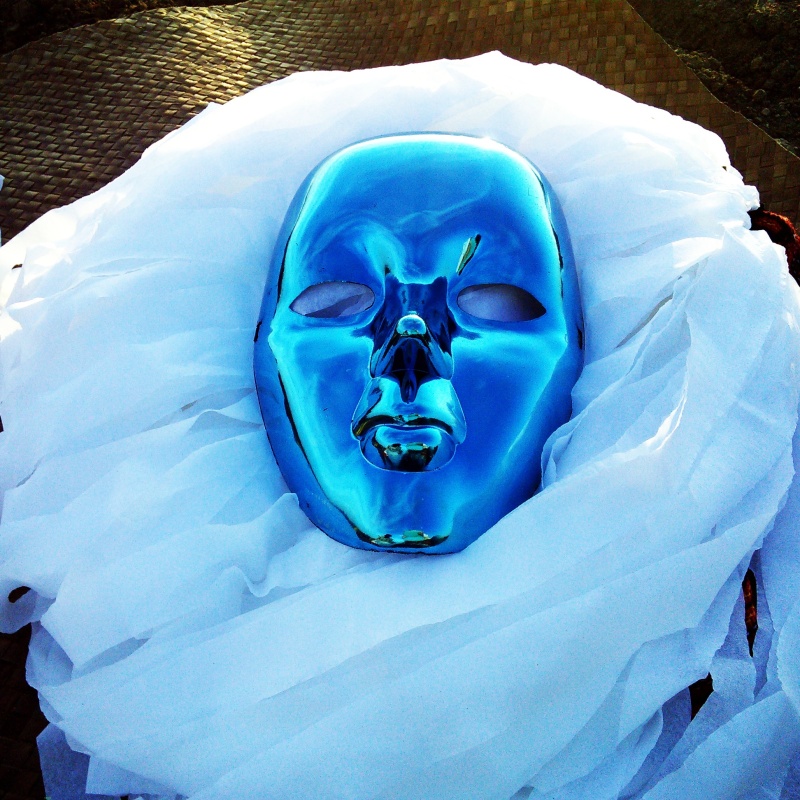
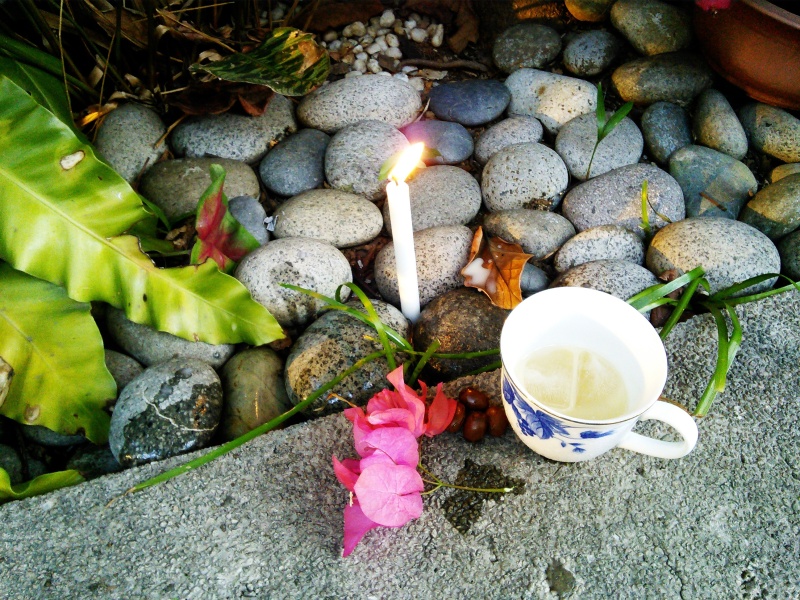
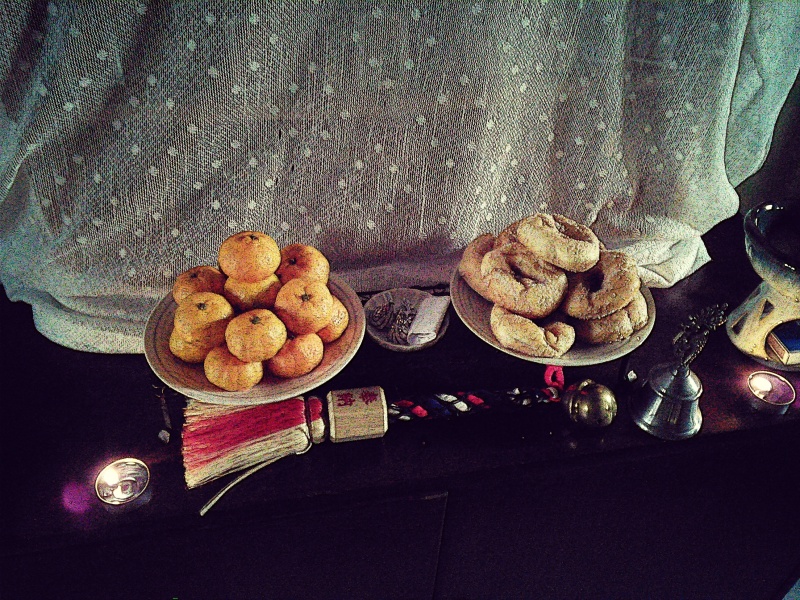




![DSC_0920[1]](https://undertwotrees.files.wordpress.com/2014/03/dsc_09201.jpg?w=800&h=450)
![DSC_0921[1]](https://undertwotrees.files.wordpress.com/2014/03/dsc_09211.jpg?w=800&h=450)

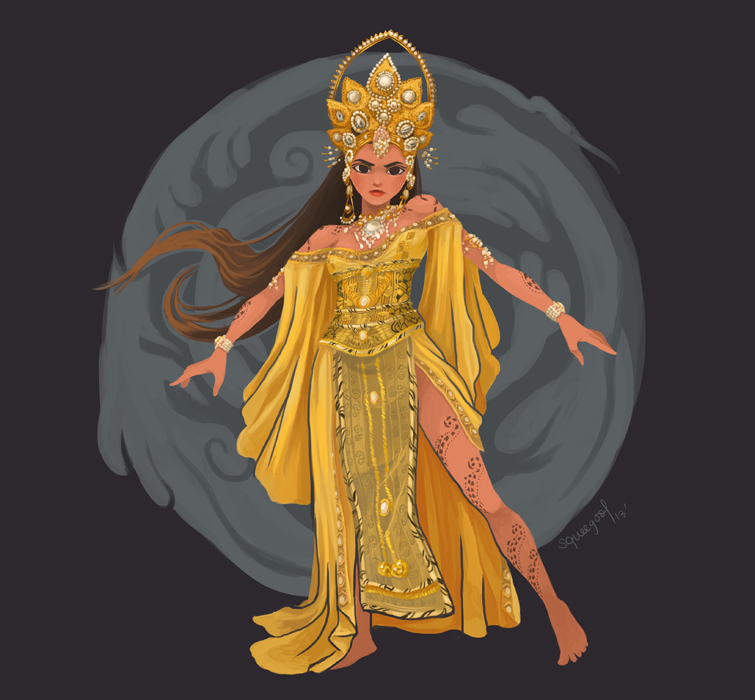
You must be logged in to post a comment.